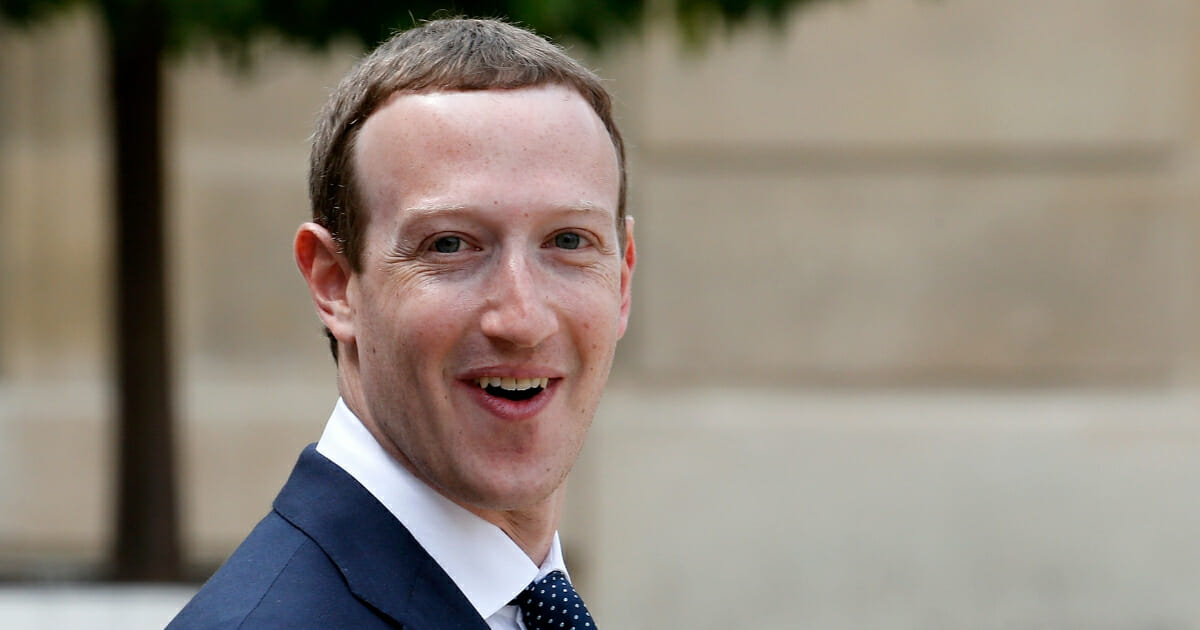
Zuckerberg Vows To Encrypt User Data So Facebook Can't Read It
Facebook CEO Mark Zuckerberg laid out a new “privacy-focused” vision for social networking.
He promised to transform Facebook from a company known for devouring the personal information shared by its users to one that gives people more ways to communicate in a truly private fashion, with their intimate thoughts and pictures shielded by encryption in ways that Facebook itself can’t read.
Zuckerberg laid out his vision in a Wednesday blog post, following a rocky two-year period in which the company has weathered a series of revelations about its leaky privacy controls.
That included the sharing of personal information from as many as 87 million users with a political data-mining firm that worked for the 2016 Trump campaign.
Since the 2016 election, Facebook has also taken flak for the way Russian agents used its service to target U.S. voters with divisive messages and for being a conduit for political misinformation.
As part of his effort to make amends, Zuckerberg plans to stitch together its Messenger, WhatsApp and Instagram messaging services so users will be able to contact each other across all of the apps.
The multiyear plan calls for all of these apps to be encrypted so no one could see the contents of the messages except for the sender and recipients.
“People expect their private communications to be secure and to only be seen by the people they’ve sent them to — not hackers, criminals, over-reaching governments, or even the people operating the services they’re using,” Zuckerberg’s post read.
“There is a growing awareness that the more entities that have access to your date, the more vulnerabilities there are for someone to misuse it or for a cyber attack to expose it.”
WhatsApp already has that security feature, but Facebook’s other messaging apps don’t.
Zuckerberg likened it to being able to be in a living room behind a closed front door, and not having to worry about anyone eavesdropping.
“As I think about the future of the internet, I believe a privacy-focused communications platform will become even more important than today’s open platforms,” he said.
“Privacy gives people the freedom to be themselves and connect more naturally, which is why we build social networks.”
Meanwhile, Facebook and the Instagram photo app would still operate more like a town square where people can openly share whatever they want.
Creating more ways for Facebook’s more than 2 billion users to keep things private could undermine the company’s business model, which depends on the ability to learn about the things people like and then sell ads tied to those interests.
In an interview with The Associated Press, Zuckerberg said he isn’t currently worried about denting Facebook’s profits with the increased emphasis on privacy.
The Western Journal has reviewed this Associated Press story and may have altered it prior to publication to ensure that it meets our editorial standards.
Truth and Accuracy
We are committed to truth and accuracy in all of our journalism. Read our editorial standards.
Advertise with The Western Journal and reach millions of highly engaged readers, while supporting our work. Advertise Today.












